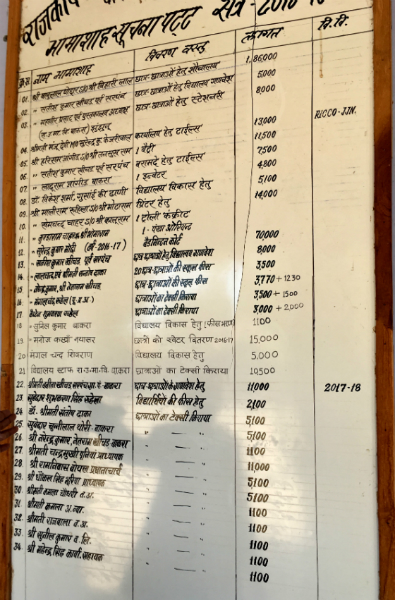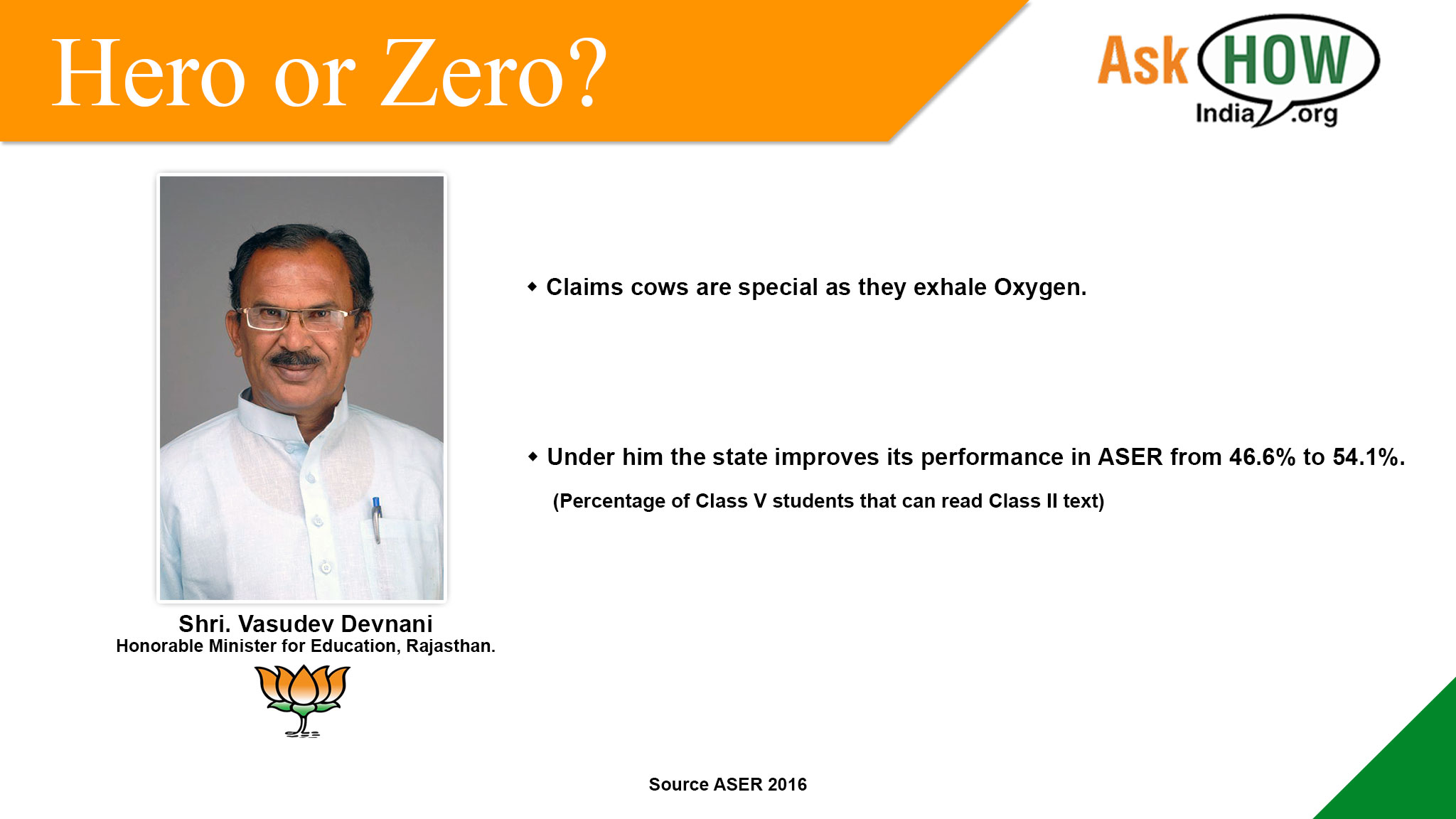Headmaster / Entrepreneur!featured
It was a typically pleasant December morning. We were sitting in the headmaster’s room in a government school near Jhunjhunu in Rajasthan. Around ten schoolteachers, mostly women, sat in their sweaters and shawls on one side and on the other side were us visitors. We had been invited by a Non Government Organization (NGO) to see the kind of work they were doing.
Between sips of hot, sweet tea from small plastic cups, the headmaster, dressed in a smart coat, detailed the achievements of the school. The thrust of his speech was how he and his staff had significantly increased the enrollment. He and the teachers had repeatedly visited surrounding villages to persuade parents to shift their kids from private schools to their school. They emphasized the facilities available and that these facilities were free. The persuasion team also used the achievements of the girl’s volleyball team – which had done well at the state level – as a selling point. When a few villagers complained that the school was too far, the headmasters and teachers arranged for a taxi service.
It was not just selling of course. Money had to be raised for all that was promised. For infrastructure upgrades such as paving the driveway of the school and for expenses such as the jerseys for the Volleyball team. And of course money had to be raised for the taxi service. The teachers helped the headmaster in fund raising from private donors and some of them even contributed directly. They were proud to point out their names on the funder’s board displayed prominently. If it were not for the setting, the headmaster could have been confused for a modern entrepreneur pitching to a bunch of Venture Capitalists! I couldn’t but wonder, what was going on?

A couple of years before we met the headmaster, the government of Rajasthan had significantly changed its primary education policy. In face of falling enrollment numbers the government had started closing and consolidating many of the schools. Presumably, this decision was accompanied by pressure on headmasters to increase the enrollment number in their school. Presumably too, the headmasters also had significant autonomy – to take decisions like starting taxi services and to raise money for the same!
It is known that the standard of primary school education in rural India is awful. ASER has been carrying out large-scale surveys and they reveal that half of class V students cannot even read class II text. The results for writing and arithmetic are equally dismal. What is worse is that these bad numbers have got worse over the last decade! We have argued that one of the main reasons for this woeful state of affairs is that ensuring that children learn is not the target of anyone in the system. Not the teachers, not the headmasters, not the government officers in education department. Targets matter. Here was an example of one school where when the headmaster was given a clear target to increase enrollment and he behaved like a go-getting entrepreneur.
This is not the full story though. In 2016, when ASER had done its last survey of rural India, it had found that the Rajasthan was one state that had improved quite a lot in its outcomes. The percentage of students in class V that could read Class II text went from 46% to 54%. Rajasthan was of course also the state with the education minister who had interesting things to say about the respiration of cows.

Was this sharp improvement an aberration? We will know the answer to this question when ASER’s results of its 2018 survey come out on January 15, 2019. We will also know whether the country has a whole has been able to reverse the trend of last ten years of falling educational standards. If India does reverse the trend then it would be mainly due to the entrepreneurial efforts of headmasters and teachers all over the country.
Author –
Yogesh Upadhyaya
(Yogesh Upadhyaya is one of the founders of AskHow India. Blogs are personal views.)



